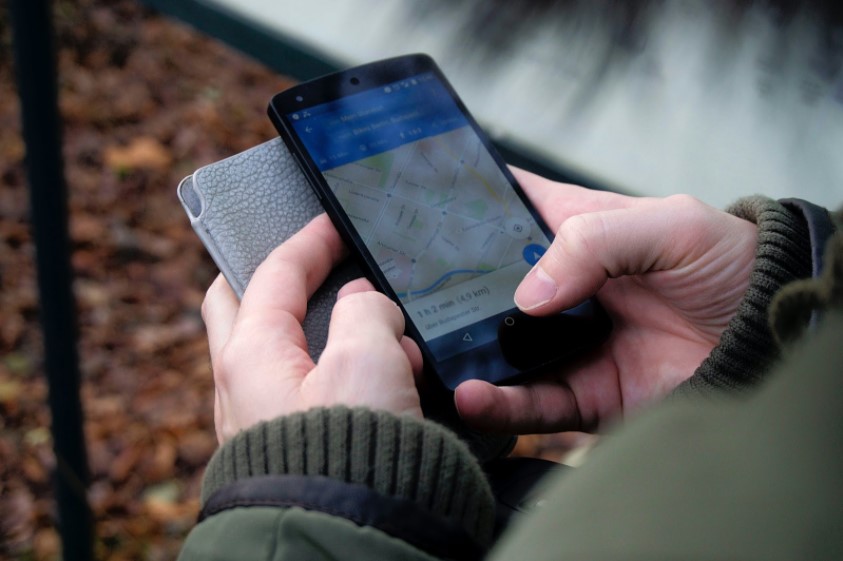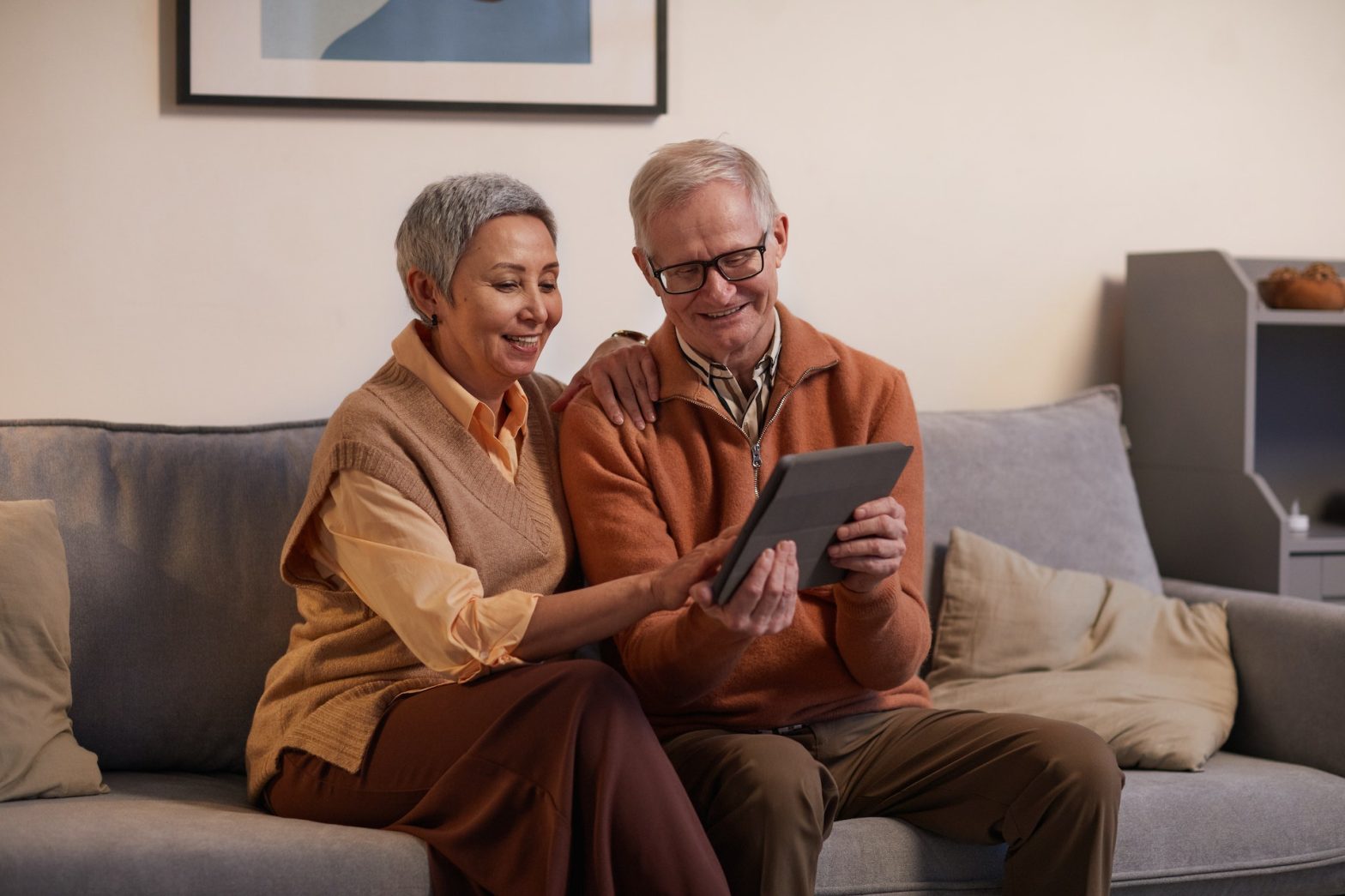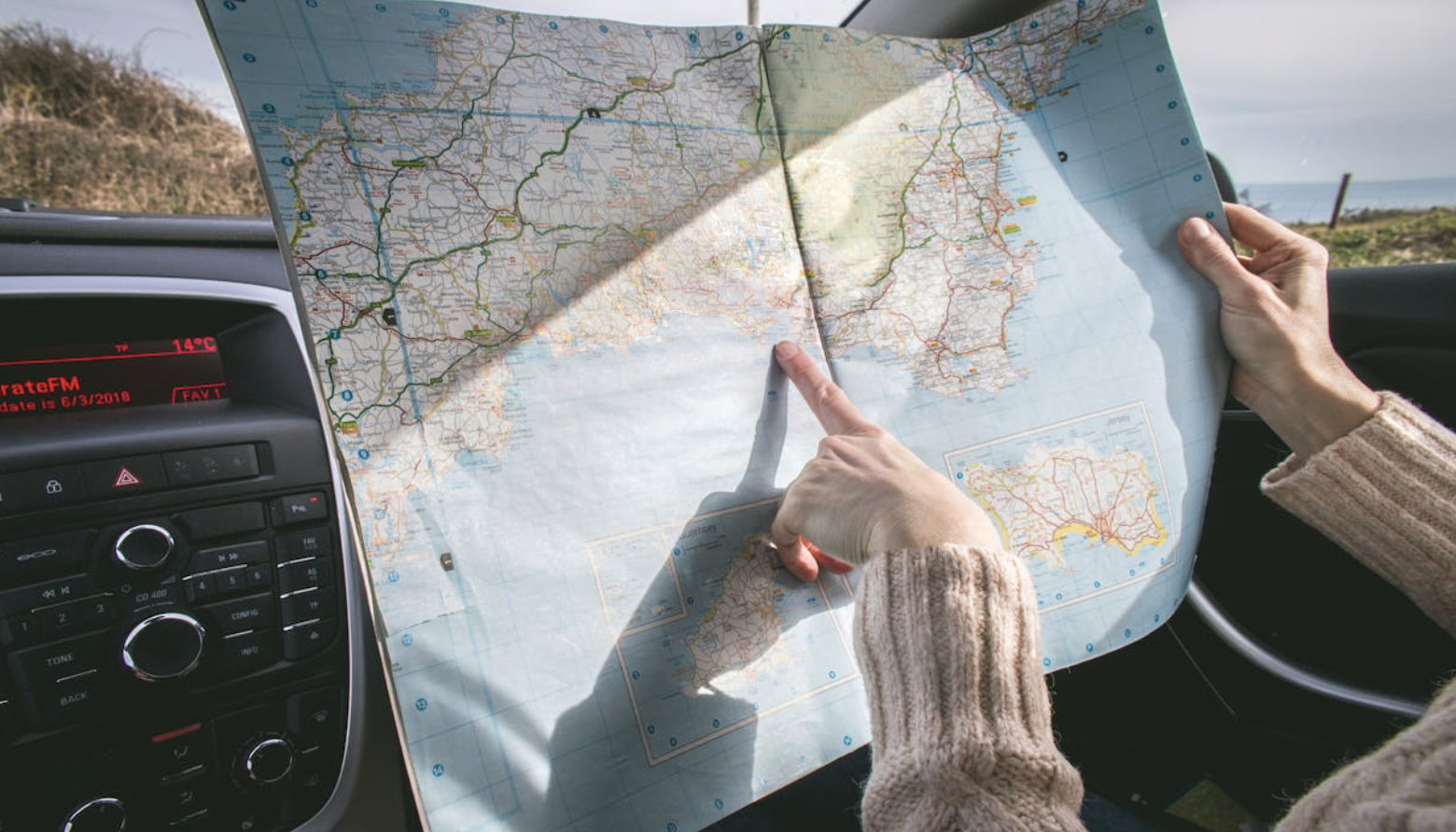Speak to a local care advisor at Assisted Living Locators by calling (888)-267-4741.
Learn about Assisted Living, Senior Living, Memory Care, and In-home care options.
If you are concerned about your aging family member wandering, you are not alone. Elderly seniors who struggle with memory loss, even while in the early stages of dementia, are prone to wandering and may find themselves lost and disoriented; 6 in 10 people with Alzheimer’s disease will wander according to the Alzheimer’s Association. Thankfully, there are several options to keep track of your loved one in the case that they begin to wander or become lost. There is a wide range of lifesaving location devices and wearable GPS trackers designed specifically for elderly people who wander, as well as several small GPS trackers on the market that can be used to help locate your loved one. Deciding on the best way to keep your loved one safe is never easy; your loved one’s needs are specific to their situation and set of needs. Evaluating the safety features, monthly fees, and designs of multiple devices can feel daunting, but understanding the nuances can help you settle on the one that best fits the needs of you and your family.
How do GPS Trackers Actually Work?
The science behind Global Positioning System (GPS) devices is complex, but understanding the fundamentals can help you understand the importance of each device’s accuracy and can demystify some of its features. GPS technology relies on satellites to provide real-time tracking of an object. As you likely already know, many devices like cars and mobile phones have GPS systems built into their designs to help guide navigation. The system works by having a receiver, like that in phones or personal GPS trackers, measure a device’s distance from multiple satellites to give an accurate location of the device in question. Ground stations constantly monitor these satellites to make sure they are accurate. In terms of comparing GPS systems, this process explains why products can vary in the time they take to provide a precise location of the tracker and the accuracy of the location they provide. While the differences may seem small, the accuracy and speed of a GPS device can impact the information that a caregiver has access to at any given moment, meaning they may be worth considering in your decision.
Other Factors to Consider When Purchasing a GPS Tracker
When selecting the best GPS tracker for your situation, you need to evaluate each device’s features. Some medical alert systems offer GPS technology, which can offer the security of connecting emergency responders to elderly people at risk of falls or health crises. Other devices may have built-in heart rate monitors or safety features for individuals with special needs. Systems also vary in how they communicate the device’s location to a caregiver or the person tracking the device. While some devices are designed for elderly users and will notify a caregiver via text message or email alert if there is a perceived safety concern, other devices are mainly designed for tracking objects and rely on the user to monitor a mobile app. Device battery life is also an important consideration, as it can determine how long an elderly person can safely be tracked by the device. Below are some of the best selections for GPS tracking devices and information on how to use them.
Best Peace-of-Mind: Angel Sense
“The only GPS tracker designed for special needs”, Angel Sense is a comprehensive tracking device designed for elderly people and children alike; it offers several safety features that distinguish it from other systems. The accuracy of Angel Sense’s location monitoring is more precise than other devices and it has embedded cellular technology so you can call your loved one or vice versa through the device itself. Angel Sense allows the caregiver to set “safe zones” for loved ones and will send notifications via mobile app, text message, and email if the wearer goes beyond the defined area. Angel Sense’s system also learns routines of the wearer to predict patterns and predict risky behaviors like wandering. An additional safety feature is that Angel Sense can easily share an elderly senior’s location with first responders in the case of an emergency. The device has an embedded SIM card and the battery life is up to 48 hours, though it can be greatly impacted by use. The system charges $52.99/month if you plan on ordering a month-to-month service plan or $33.33/month if you are paying for an annual subscription upfront.
How it Works:
Angel Sense has multiple wearing options; the pouch can only be affixed or removed by the caregiver and can discretely fit inside of a pocket, while the belt and shirt options can allow for more physical activity and can interfere less with clothing. When someone is wearing the GPS tracker, their real-time location is monitored in the safe zone that their caregiver has set and is available for playback. The system will notify the caregiver of any odd patterns, any unexpected stops if the wearer is taking the bus or transportation, and will notify the caregiver if the wearer leaves the established safe zone.
Most Discrete Option: Smart Sole
If you are looking for an GPS tracking option that is hardly noticeable, consider Smart Sole, a sole insert that provides GPS tracking. Smart Sole allows you to establish “Geozones” around areas the wearer might visit and will notify you when they enter or exit those vicinities. The system can also notify you when the device turns on and can warn you when it needs to be charged. Battery life for the sole varies between 18 and 48 hours depending on usage. The subscription model you select affects how often the location will update, but generally expect the location to refresh every 5-10 minutes.
How it works:
Smart Sole uses the GTX Corp Tracking Monitor and the Smart Locator App to allow you to track the wearer. The system can send you updates for specific locations and will monitor the device whenever it is activated. Unlike other tracking systems, Smart Sole is completely invisible, and the majority of users report that they don’t notice the device when wearing it. The insert has a trimmable length and can slide into most shoes.
Best Affordable GPS Tracker: PocketFinder+
PocketFinder+ is a personal tracking system that offers a more affordable but still thorough monitoring option. The real-time monitoring is timely, with location updates in as little as ten seconds when using the device’s tracking mode. The compact design is roughly the same size as other trackers on the market. The small device can connect to Wi-Fi for indoor tracking and relies on cellular technology for its fast response times outside of the home. While you do have to pay $99.99 for the device upfront, the service plan is only $12.95/month on the annual plan. Pocketfinder+ also offers tracking plans internationally for those living outside of the U.S. The device’s battery life can range based on usage anywhere between two and five days, which is longer than many of its competitors.
How it works:
PocketFinder+ requires your loved one to keep the tracker in their pocket or bag, or it can be attached as a keychain. The PocketFinder monitoring system can be used both online and via their mobile app. The system will send push notifications if the device exits the established zone, which is an important safety feature for wandering elderly seniors. A nice feature of the PocketFinder app is that you can monitor multiple devices from the same account, so if you have more than one loved one to be concerned about, you can easily monitor both at the same time.
Best Medical System: GPS Help Button by Bay Alarm Medical System
If you are looking for a device that will monitor your loved one’s location in case of emergency and can connect them immediately to medical resources, consider a medical system with GPS features built into the device like Bay Alarm. In the case that you live far away from your elderly parent, but would still like reassurance that they can receive care, Bay Alarm’s team can connect them with appropriate emergency response services. The company offers a range of medical alert systems, but their GPS Help Button is designed for emergencies that can happen beyond the home. Unlike most other medical alert companies, Bay Alarm offers an optional caregiver tracking add-on for only $5/month, which allows a caregiver to monitor the location of their loved one as well. The device costs $79 itself with a $24.95/month service fee. While the SOS SmartWatch is their most popular seller, it doesn’t offer the option of caregiver tracking. The device also offers an optional auto-detect feature for falls.
How It Works:
After pressing the center button, the person with the device is connected to an operator and is then connected to the correct resources, including contacting family and friends if need be. The system operates on a 4G LTE network, meaning it can give even faster and more accurate location tracking than other devices on the market. The company also offers a range of other safety products, from car monitoring to in-home alert devices.
References:
https://www.alzheimers.net/8-8-14-location-devices-dementia
https://safeatlast.co/senior-security/best-gps-trackers-for-seniors/#gref
https://www.medicalalertbuyersguide.org/articles/the-best-gps-trackers-for-dementia-patients/
Images
- Pexels, Ingo Joseph












